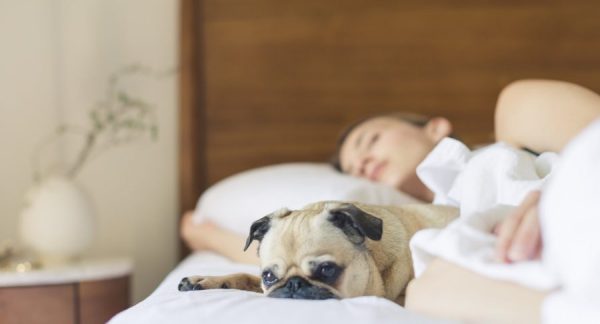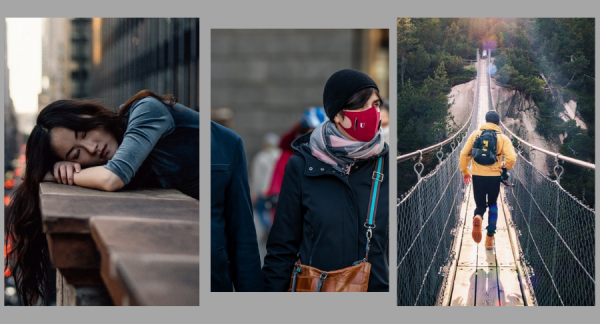Early Birds Enjoy Improved Mental Health

Regularly watching the sunrise balances the circadian rhythm,
I will admit to being a card-carrying early bird. I am known for greeting house guests at 5 am with a hearty “good morning” when they stumble to the bathroom or drink water before returning to sleep. Twilight till noon is when I feel most productive and alive. Watching the sunrise on a deserted beach, catching a family of deer on a trail, or the shock of migrating birds perched like ornaments in a tree only happens while most of the world is asleep. I am forever texting dawn photos to friends with chirpy aphorisms like “the things you’ll see” in the caption.
Early Birds and Mental Health
Why in the world shouldn’t we all sleep in? Because it is Mental Health Awareness Month, and a study published in JAMA Psychiatry shows that morning people who stayed active during the day performed better on cognition tests and had lower rates of depression. This is important information for everyone, especially those recovering from a substance use disorder.
“Studies found that people with a mental disorder, such as anxiety, depression, or post-traumatic stress disorder (PTSD), may use drugs or alcohol as a form of self-medication. However, although some drugs may temporarily help with some symptoms of mental disorders, they may make the symptoms worse over time.” National Institute of Mental Health
Most folks know immediately whether they are morning or night people. Indeed, the JAMA study finds that genetics play a role in one’s sleep schedule. But it is possible to change that pattern and reduce the likelihood of depression and other mood disorders. For example, shifting your sleep schedule by even one hour can help improve mental health! Similarly, sleep hygiene (enhanced by early rising) can significantly impact mental health.
Shifting Sleep Patterns to Early Birds
The study finds a difference between being genetically engineered to wake early and setting an alarm. The key to shifting your sleep patterns toward early bird status is based on waking early naturally:
- Pay attention to daylight and screen time.
- Begin the day with bright sunlight and turn off electronics by 10:00 pm – this aids the circadian rhythm.
- Stick to a schedule.
- Be patient – adjusting to new patterns could take several weeks.

Grand Rapids’ Reeds Lake at the magic hour
The Benefits of Early Rising
- More time to fully focus and prepare for the day with exercise, meditation, or solitude.
- Studies show that early risers get better sleep quality. Better sleep means better concentration and a lower risk of chronic diseases.
- Early risers tend to go to bed earlier, giving them a full night’s sleep and more energy.
- More time for breakfast or walking the dog.
- No crowds or full-to-capacity parking lots in state parks if you are taking a hike!
- Decreased stress – more time means reduced anxiety.
- See the sunrise! Watching the sunrise balances circadian rhythm and can positively affect your immune system.
- Start the day with positivity! Early risers are happier.
In Conclusion
Notably, 60% of people are not early birds or night owls but a mix of the two. It is also important to note that your body’s natural inclination to sleep at a specific time (or chronotype) also determines your optimal functioning time. Which means I may not convince a lot of night owls to join the sunrise team. However, it will not stop me from sending photos with inspirational slogans to sleeping friends or looking for research to back up my claims that being an early bird can bring great joy and safeguard mental health.



